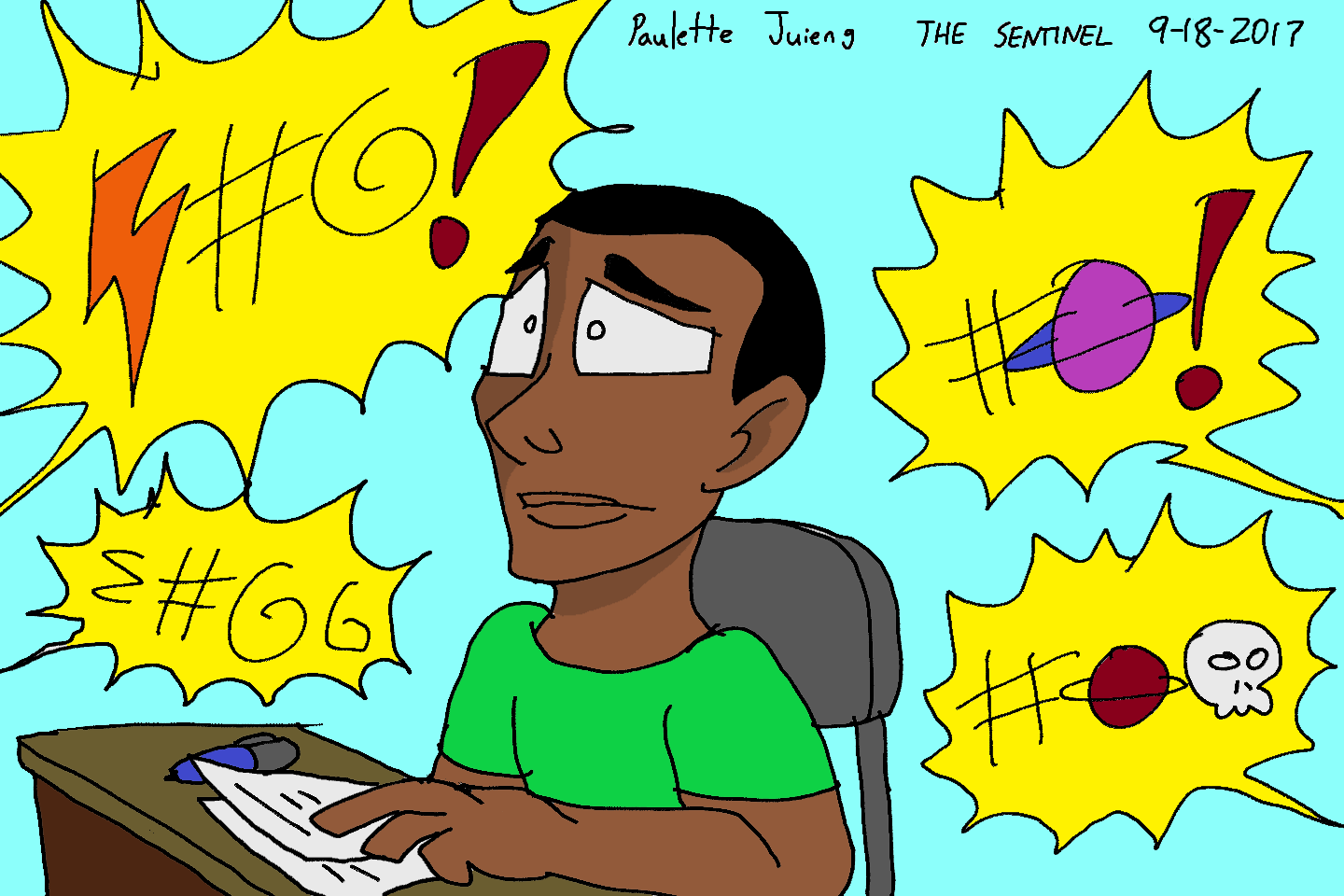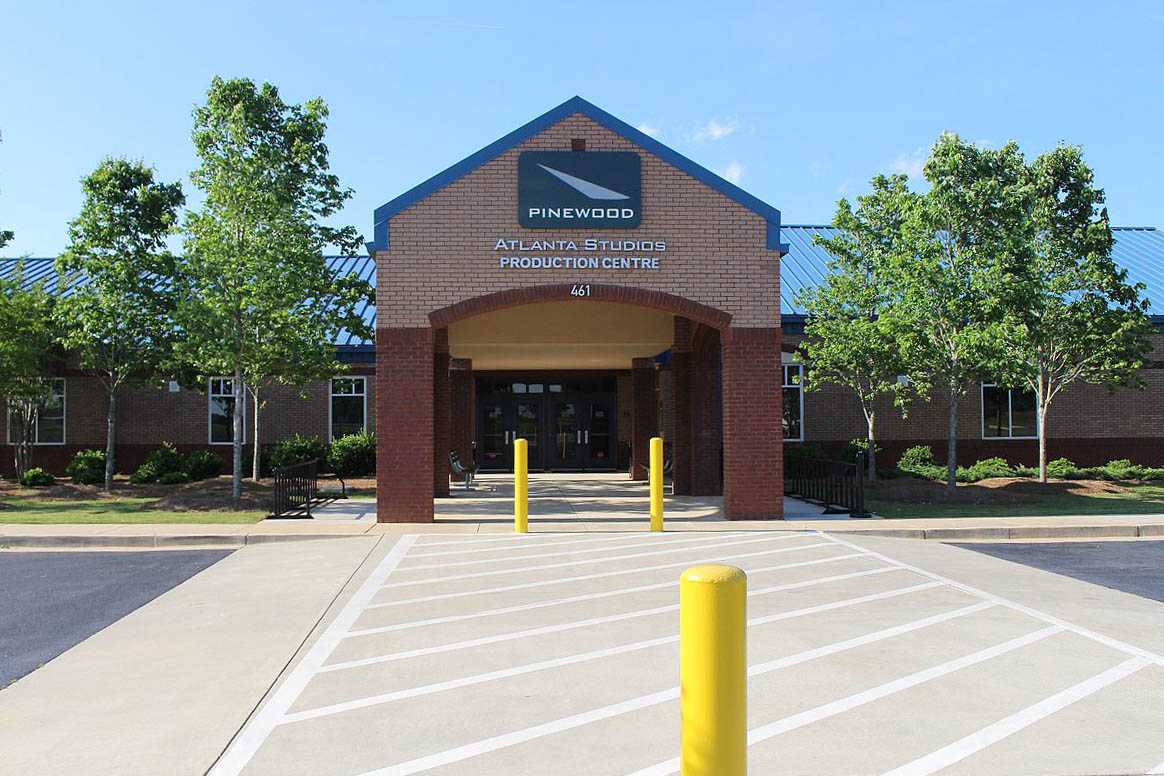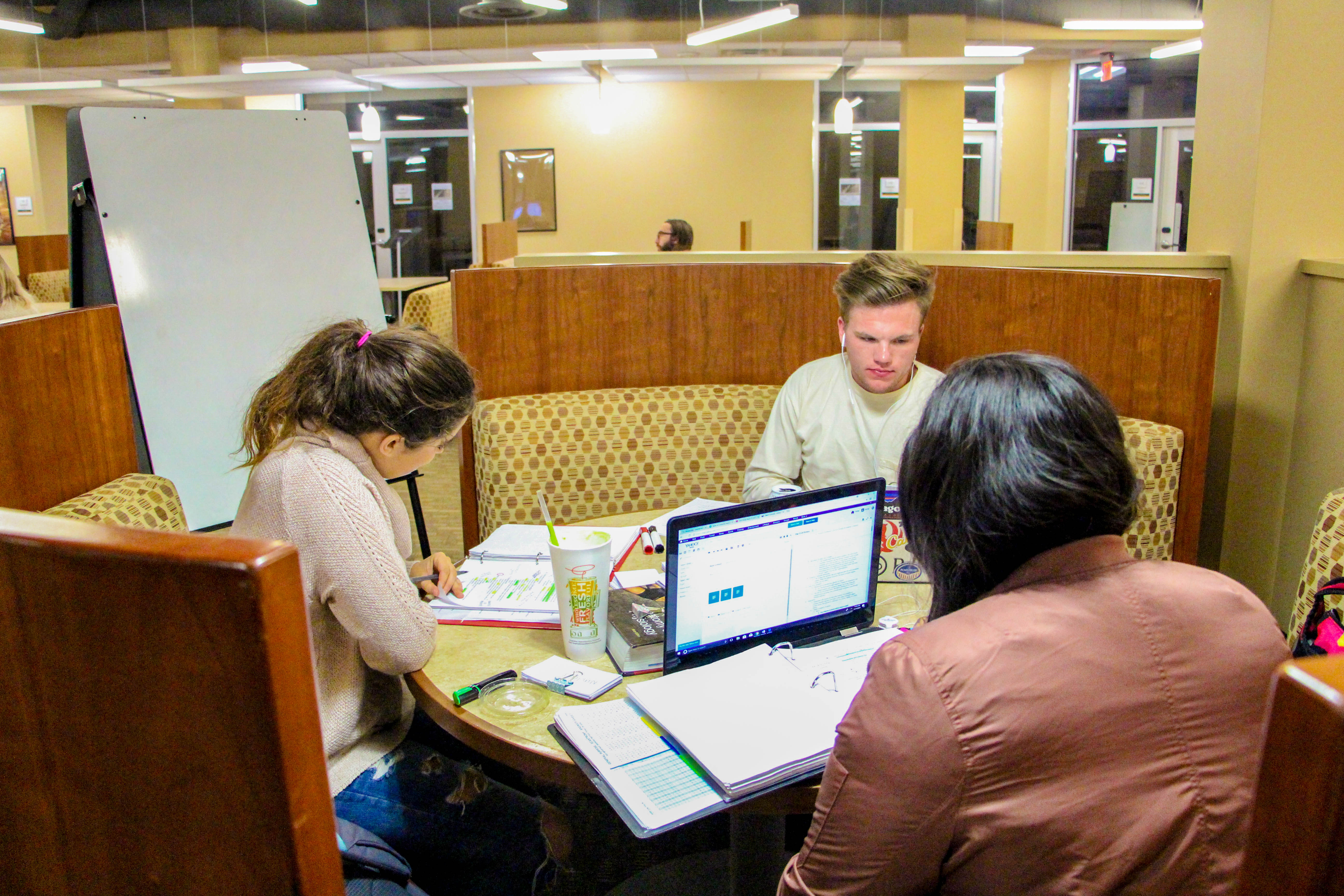Cursing has become a normal part of day-to-day vernacular in our society — as such, cursing in a classroom should not be prohibited.
We hear profanity in just about every setting: parks, work, among family and friends and even in professional settings, like a doctor’s office.
The New York Times Learning Network states that “curse words used to be reserved for private conversations or stubbed toes, but over the past few decades they seem to have solidly found their way into popular culture — into hit songs and television shows, even book titles and company names.”
Of the many places we encounter profane language, the college classroom has become a hot topic. Keeping context and extent in mind, using profanity in a college classroom shouldn’t be blanketed as inappropriate.
As individuals, most of us try to keep profanity to a minimum, though a few curses slip between our lips here or there when expressing ourselves. According to the New York Times Learning Network, linguistics expert Deborah Tannen said “legislating language rarely works, because language develops to serve human purposes. Some people will always swear in private to show strong feelings — or to sound cool.”
In a classroom setting, profanity typically aids in conveying a message during lectures or group discussions.
According to Community College Review, Daniel Peterson, a philosophy professor at Hawaii Community College who was ousted for swearing, said he does what he needs to do in order to wake up his students so they’ll stand up and take notice, but that he has never sworn directly at a student.
Charles Eakes, a mathematics professor at KSU, has a different perspective.
“[It’s] inappropriate and distracting to those who are trying to engage in the learning experience,” Eakes said.
Eakes’ perspective may be true for some, but many students, like sophomore exercise science major Amber Haire, are not bothered by it.
“I have not lost respect for the professors who curse,” Haire said. “Quite honestly, all of my professors use profanity here and there.”
So long as the timing of profanity is kept logical and minimal, an uttering by a professor or student to help convey a message should not be considered a big deal.
A classroom is a place for mutual socialization and intellectual mingling as a way of grasping the concepts being taught. So, while a classroom should encompass a professional environment to a degree, it should not make students or instructors feel their rights to personal expression are being hindered.
Most of us in attendance at KSU are adults, so we should all be mature enough to handle the use of profanity here or there, allowing the expressions of others to be free.



